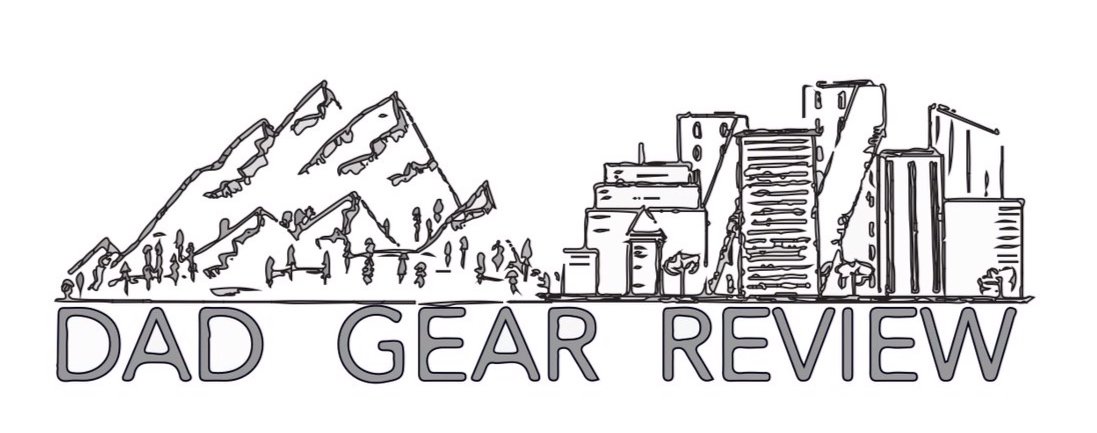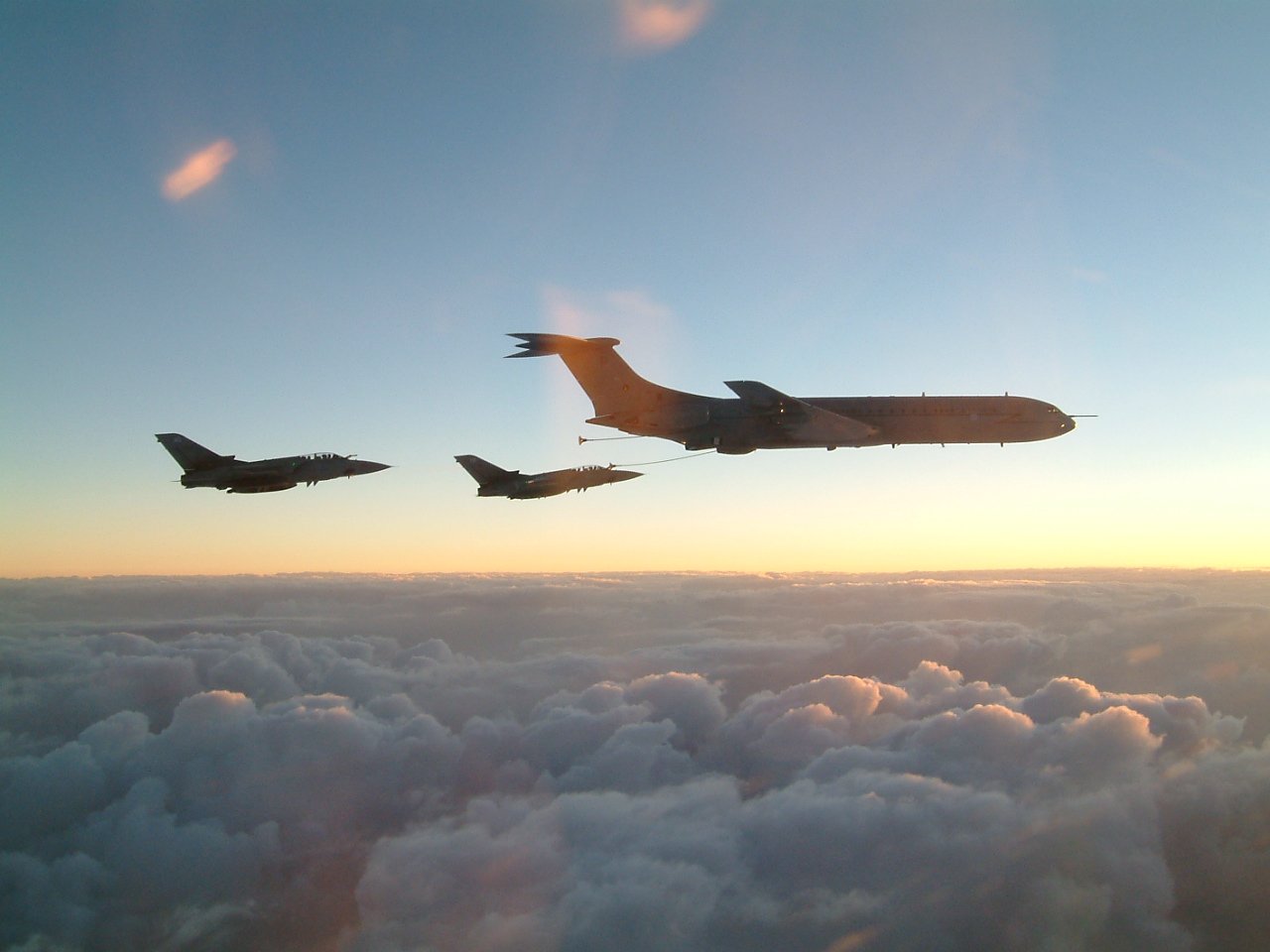
“I'm inspired by my kids, and I think we all need inspiration”
- Peter Docker
Peter Docker: Officer, Pilot, Author, Businessman, World Traveler, Outdoorsman, and More. But the Title of Which He’s the Proudest Can’t Be Gained Through Training, Promotion, or Deal-Making. (Yes, It’s “Dad.”)
by Steven John
There are two attributes that positively radiate out from Peter Docker: confidence and humility. Rather than being at odds with one another, those two traits are in perfect balance in this gentleman, a guy who chooses not to execute the bragging rights he has rightly earned over a lifetime that has included everything from military service in combat zones to managing ten-figure programs to…
…well, actually, let’s let Docker’s words speak for themselves, considering I asked him to share his own CV when we sat down for a recent Dad Gear Review interview (sat behind our respective computers, that is – thanks yet again, pandemic), as after all, he indulged in my request for a bio despite the fact that he doesn’t like to talk about himself in such a direct manner.
“It sounds a little bit presumptuous that someone would want to hear about me,” Docker said, to which I replied with an assurance that no, I really did. I had read his recent book Leading from the Jumpseat: How to Create Extraordinary Opportunities by Handing Over Control, and based on some of the stories he relays in the book, I was in fact quite sure I wanted to hear and to share more.
“So I've been very fortunate over my life to have lots of opportunities,” Docker said. “For 25 years I was in the Royal Air Force. I was a pilot – a senior officer. I led people during combat, flying aircraft, took people to war and thankfully brought them all back. Also in the Air Force, I've run training organizations, I've run squadrons, I've been a teacher at the defense college here in the UK. I've been a negotiator for the British government with Russia when the Berlin Wall came down. I've negotiated with the State Department in the U.S. on export licensing and I've run multi-billion dollar programs for governments.
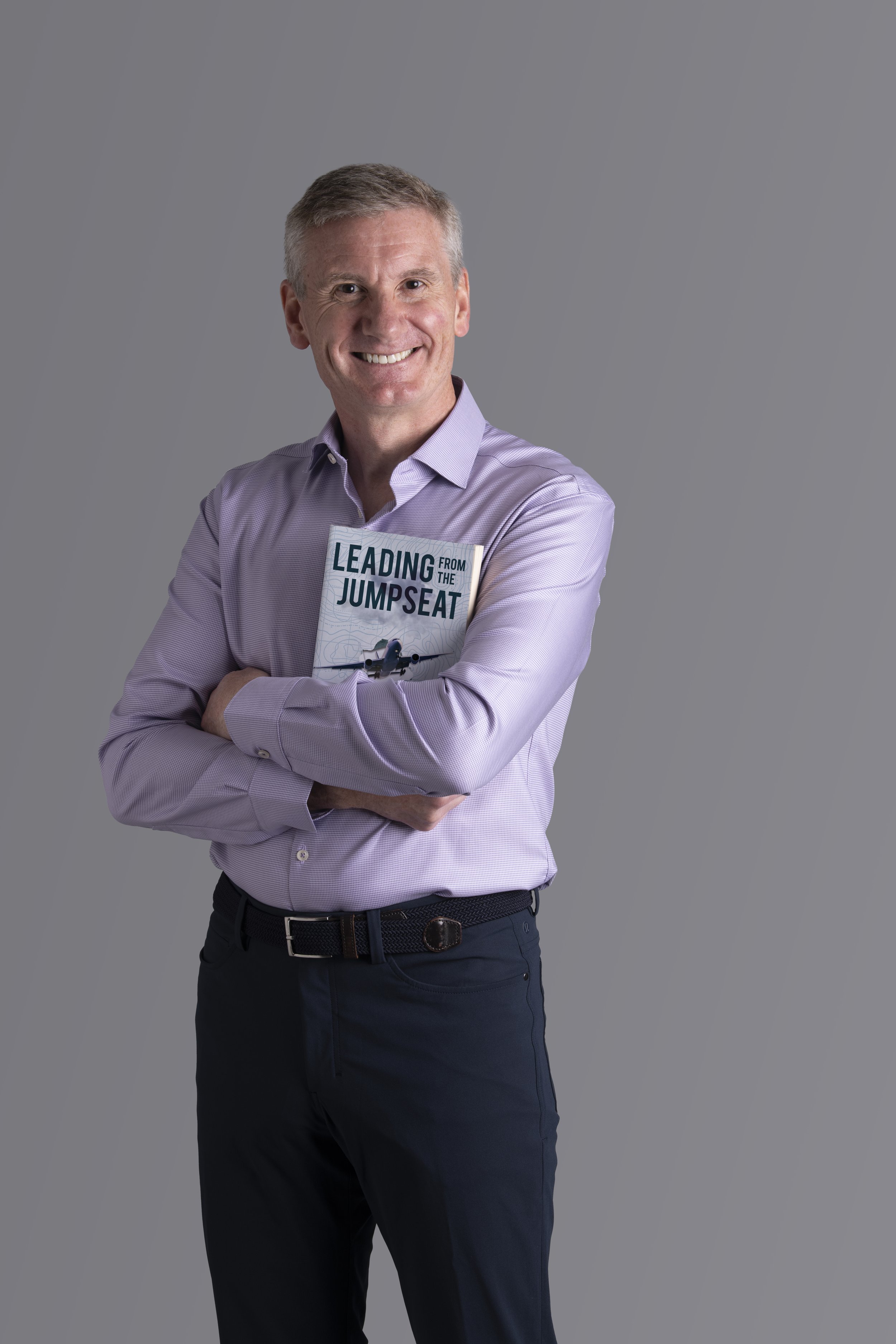
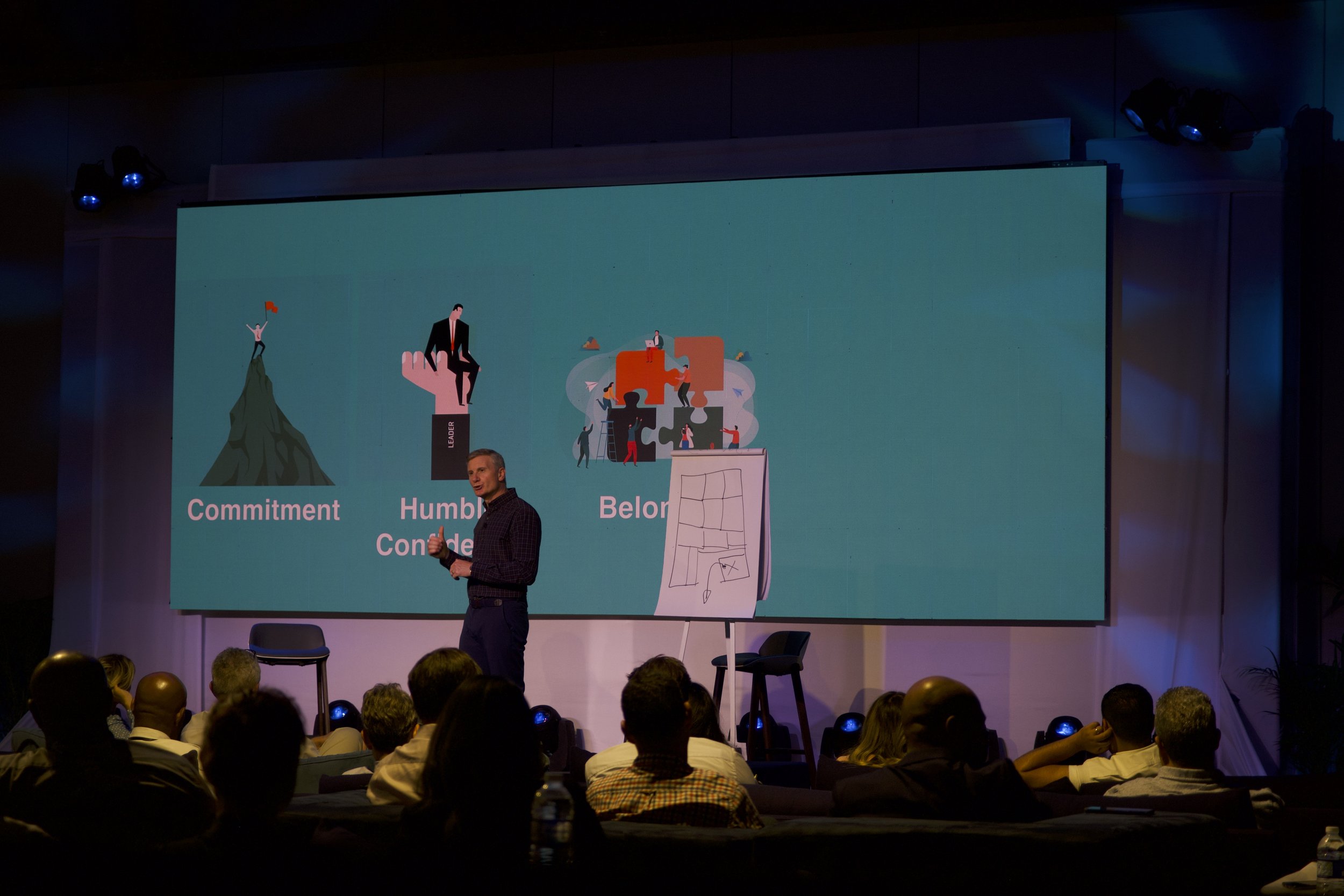
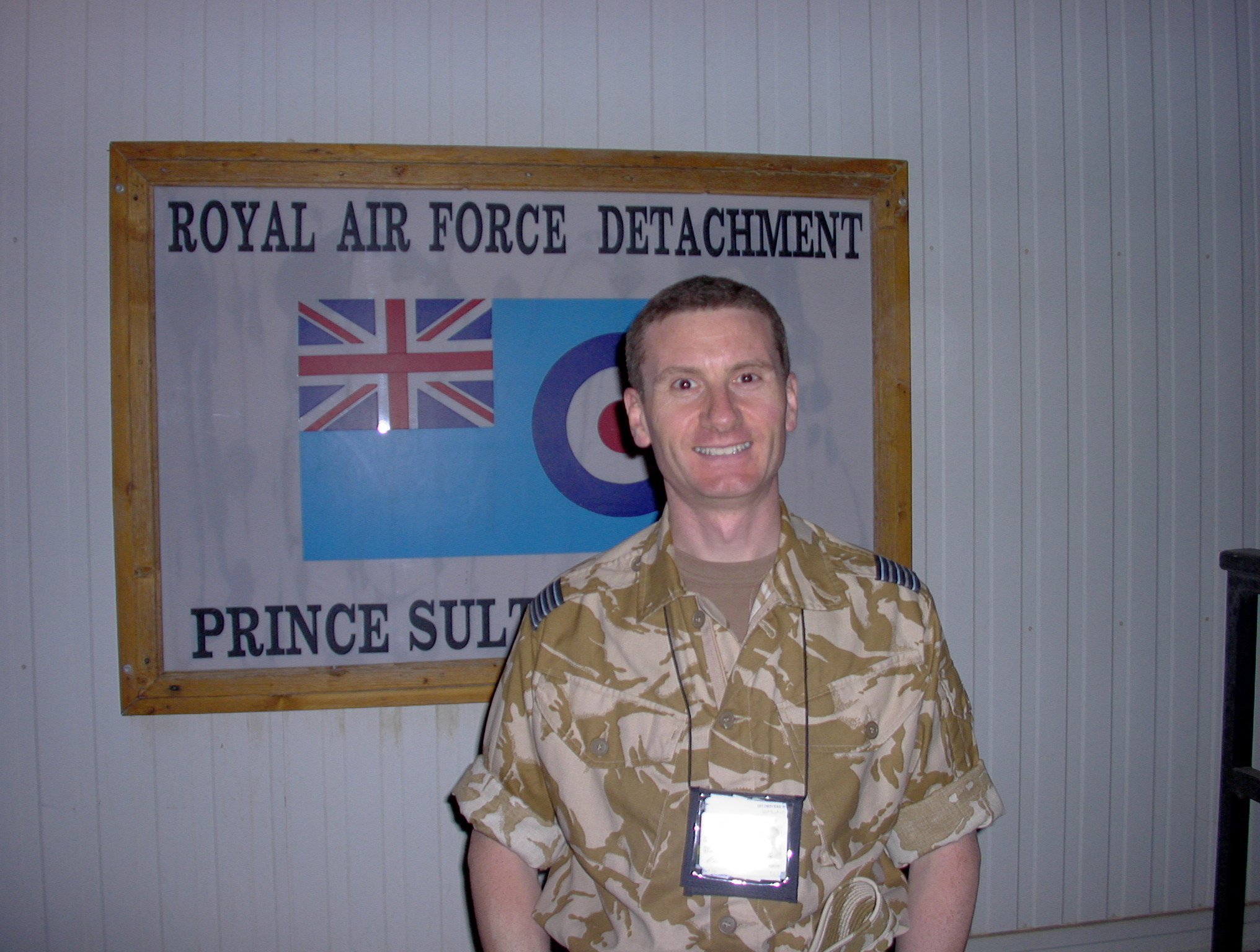


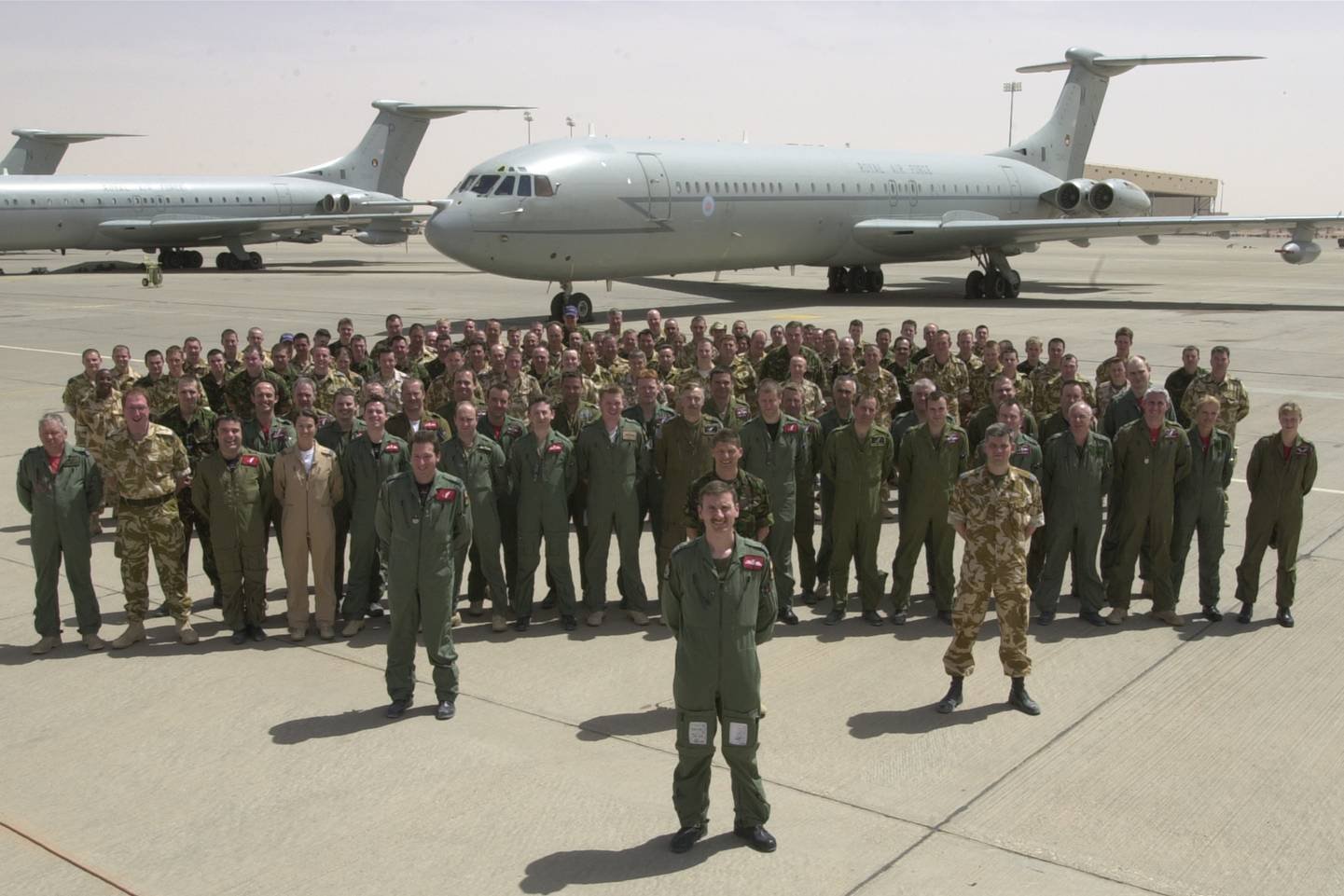
“And then in industry, I've worked for consultancies around the world. I've written a couple of books. Leading from the Jumpseat and previously Find Your Why with Simon Sinek and David Mead, which has sold about a half million copies in 26 languages. And I've been fortunate enough to travel to 93 countries and work with leaders in pretty much every business, in every sector you can imagine. So when I say I've had a pretty privileged life in terms of opportunities, I don't think it's an over estimate. I have been very fortunate.”
Here let us remember that timeless Latin proverb, audentes fortuna iuvati, which essentially translates to “fortune favors the bold.” And fortune does not favor those who don’t go for it. Docker? He has gone for it in every aspect of his life, from his military career to his work in business to his writing to teaching and to the crux of the matter, as far as our conversation was concerned, in parenting.
But the chief lesson Docker has always tried to impart, be it to junior officers and enlisted men and women, to flight students, to business executives, and beyond, is to know when to step back and let someone else go for it. That’s the essence of his philosophy of “jumpseat leadership,” really: knowing when it’s time to let someone else have the moment.
“It is with knowing when to hand over control, when to take that step back,” Dockers says, adding: “It’s being conscious, looking for those opportunities to take that step back is really important. Now this can be when our kids are young, when we see them climbing the tree –sometimes we need to take that step back so they can learn. They might fall a little way, but they're not going to do any great damage to themselves, and it's a learning moment for them, and indeed for us. Then later on in life … it’s about keeping our eyes open for those opportunities to step back. Now, it doesn't mean to say that we take a step back regardless of the capability of the person in front of us. What I talk about in the book is equipping our people so they can lead when the time is right. That doesn't mean to say we throw them in the deep end, without any training or development or help. It's the same with our kids.”
He shares myriad examples of leading by letting go in his book, including – surprise, surprise – an anecdote in which Docker stayed put in an actual jumpseat while a junior pilot flew an aircraft through harrowing turbulence to safety. Docker could easily have seized the controls, but he knew his protégé was ready, and by staying just behind, he let the young man come into his own.
Now granted, it’s no easy feat, not jumping in – that’s true in any realm of life, and especially when it comes to your own kids. Having practiced jumpseat leading time and time again, Docker knows that as well as anyone. When I asked him about how the challenges of his career compared to the trials of being a dad, the author was unequivocal that the latter is often the harder.
“I think the challenges of parenthood are as great, if not greater than many challenges I've seen in business,” Docker said. “Not least because it's something that the vast majority of us experience. And I think also it is a great example of leading when you don't know the answer. I don't know about you, but when we brought our firstborn home, Louise – we have two, Louise and Patrick, both grown up now, leading their own lives – but we hadn't got a clue what to do as a parent, but that didn't stop us. We stepped into the unknown, absolutely committed to the future we were going to create for our kids, even if we couldn't put that into words. And we're guided by what really drives us, that motivation deep inside, the non-negotiables that guide us even when we don't know the answer.”
“So a lot of the work that I do in business is around leading when you don't know the answer,” Docker continued. “Because many of us only want to lead when we do know the answer. It feels good to be able to tell people what to do, but we then become the constriction in the pipe. We limit our team's progress by being the person that has to have the answer. When we get comfortable leading when we don't know the answer, then it opens up a whole raft of new possibilities, and that's exactly what we do as parents. We lead when we don't know the answer, committed to the outcome we're going to create for our kids. There are lots of examples of how there's a crossover between parenthood and business leadership, and I think parent leadership is tough.”
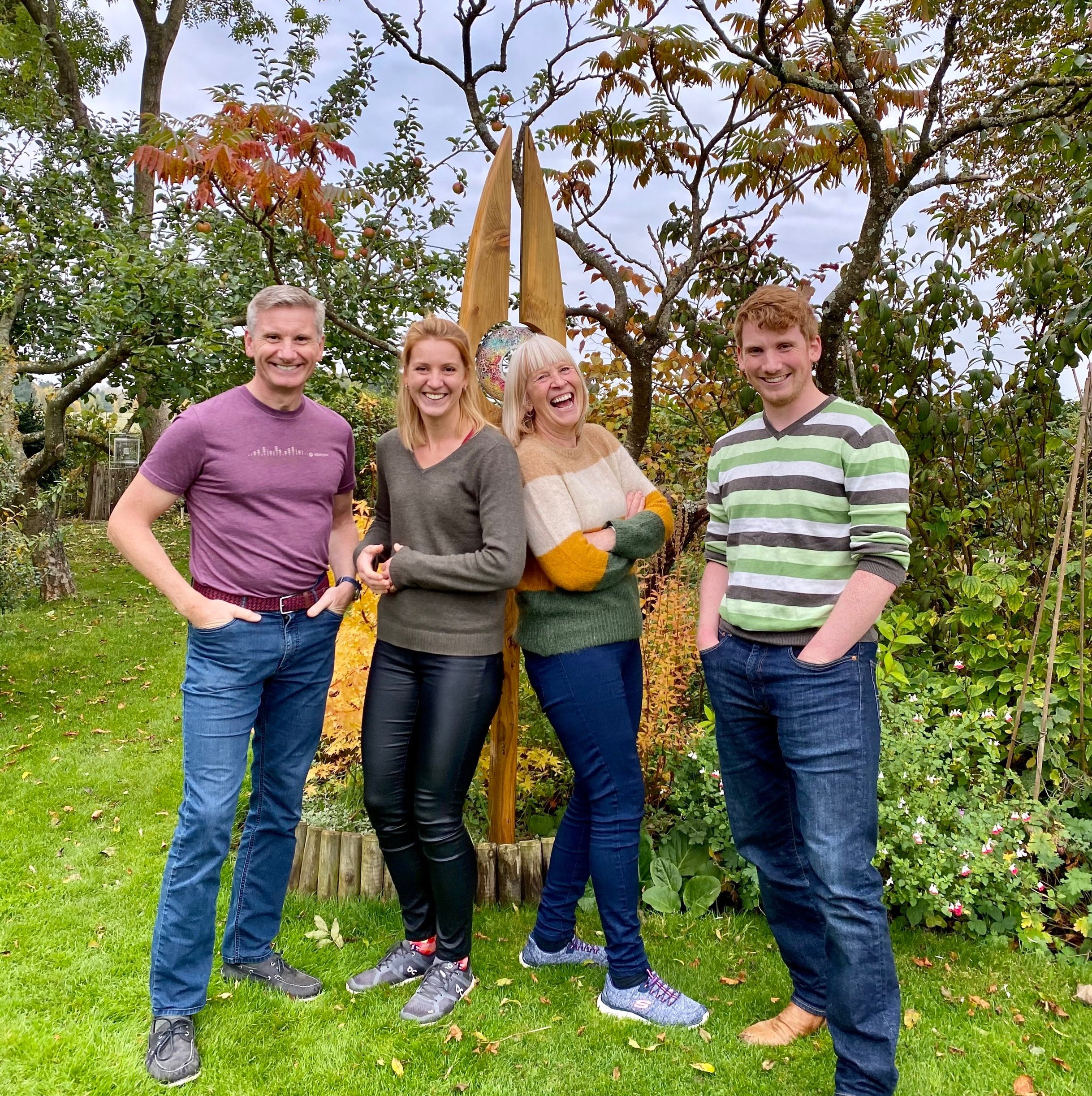

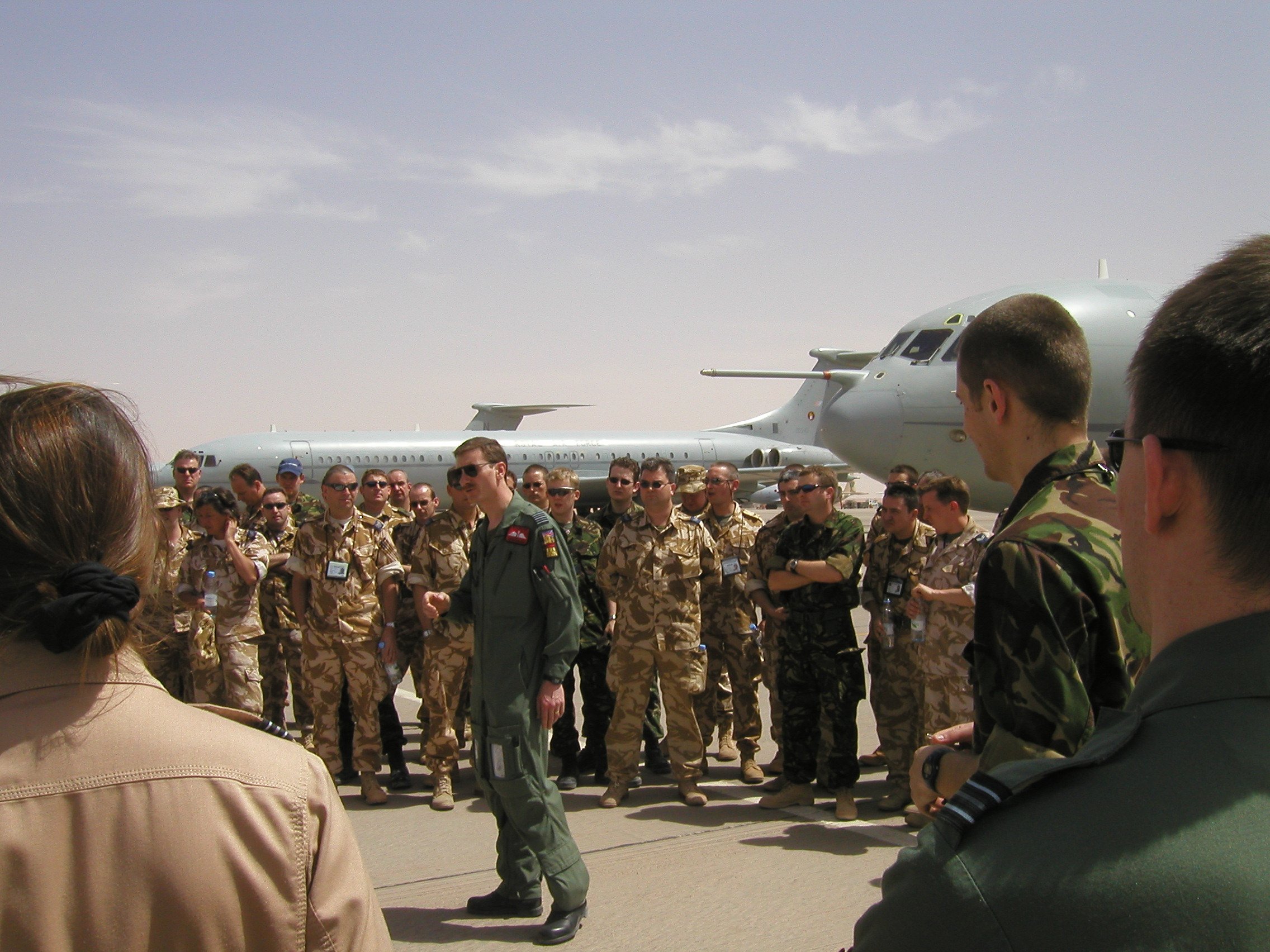
Being at an age now where his hands-on work as a dad is done (as much as a mother or father’s work is ever done, at least as far as they are concerned), Docker went on to offer some perspective those of us with younger kids can look forward to: there will come a time, as long as you do your parenting job well enough, that you are not only ready to step aside and let your kids do their thing their way, but that in fact you will learn from and be inspired by them just as once you taught and inspired.
“I'm inspired by my kids, and I think we all need inspiration,” Docker said, adding: “I'll tell you a story which is really inspiring from my daughter. A few years ago my daughter, she's a bit of a climber, mountaineer, and she decided to go and climb Island Peak in the Himalayas. It's in the shadow of Everest and it extends up to 20,000 feet or more, so oxygen is very thin, it's a very tough climb. You start off very early in the morning so as you can summit, and part of the final ascent includes this large ice wall that you have to climb up, almost vertical.”
“And my daughter Louise was climbing up her line feeling absolutely exhausted, and across a few feet away was another line with one of her colleagues, a much older, more experienced lady. But Louise could hear that she was really struggling as well and was thinking of giving up, as indeed Louise was. But Louise gained strength by encouraging that woman on the line alongside her to continue. Louise summited that mountain by helping someone else to summit that mountain. And that for me, well it actually happened, but it's a great metaphor for how we can lead in business. Quite often we can progress much further when we're focused on lifting others up, and that's what I talk about in my book. Leadership is about lifting others up so they can continue when you take a step back. And so I get tremendous inspiration from my kids, what they go on to do, and that applies directly in the work that I do in business.”
Now with kids grown, when Docker’s not writing, lecturing, negotiating, or sitting opposite people like me, he’s often found on the go outdoors. Which is another reason we were so keen to land this guy for Dad Gear Review (yes, pilot pun intended). Because to all those titles we rattled off above, you can add “outdoorsman.”
“I love the outdoors. I love the sense of independence it gives you. I've completed, in my time, many survival courses in extreme environments, including the jungle and the Arctic and unpleasant places. What mother nature throws at you, I think, is a great opportunity to learn how to lead yourself. Just this morning I went running across the mud and the fields and through rivers. It's my form of meditation.”
Of course, being out in the wild isn’t always all about peace and tranquility. When I asked Docker about a few of the more extreme experiences he’s had out in the field, Docker had to parse through them in his mind.
“There's been quite a few adventures,” he replied. “In my early Royal Air Force career, I completed a lot of survival and escape and evasion courses. One scenario here was [an] exercise where I'd been shot down as a pilot, shot down behind enemy lines. And I not only had to survive, I had to escape and evade capture. And I remember one time – here in the UK there's quite a desolate part of the country a wilderness called Dartmoor, it gets very cold, very wet — and I had the Special Air Service, the SAS, who are elite special forces, they were hunting me. I'd been without food for about 10 days. I was cold. I was wet. And they were hunting me and I needed to get from A to B to C to D. I needed to move quickly and evade capture.”
“And I remember that this one stage there was a bridge across the river. I knew they'd be checking that bridge and I couldn't use the bridge. So me and my colleague stripped off down to our underwear, packed up all our clothes as best we could and held them high as we crossed this freezing river. And yeah, that was fairly extreme. Being hunted similarly in the Borneo jungle when we hadn't eaten for a week, and we're trying to escape and evade capture. That was pretty extreme.”
“Now something much more down to earth and well, more accessible, was a solo run I did up three mountains here in the UK in winter. It was up Mount Snowden, Scafell Pike and Ben Nevis in Scotland. And I set myself the target of running up all three within a 24-hour period, including traveling between them.”
And given the nature of Dad Gear Review, there was just one final question I had to ask Docker: what was his favorite “can’t live without” gear.
“It’s a Haglofs jacket,” Docker said, “It’s an ultra-lightweight waterproof jacket that I use for hill and mountain running. I use that most days during the winter. Why I love it is because it keeps the winds and the rain off me whilst also allowing for me to breathe and not get too sweaty inside. So I think that's a really important piece of kit that I wouldn't want to be without because staying dry in the outdoors is really important. And the other piece of kit that I wouldn't be without if I'm out in the outback, as it were, is a flint and steel, a way of lighting a fire. Yeah, an essential piece of kit that I'd always have with me.”
It’s always good to be prepared, whether you’re on a trail run in the English backcountry, strapped into a seat in the cockpit of an airplane, negotiating a billion-dollar government contract, or talking your kid through a problem at school. Because when you’re prepared, you can deal with both the known and unknown.
And you’ll know when it’s time to step back and let the kid deal with it on their own. They’ll thank you later, for the times you led and the times you didn’t, provided you do both right.
author headshot c/o Andrew Callaghan
other images c/o Peter docker and family